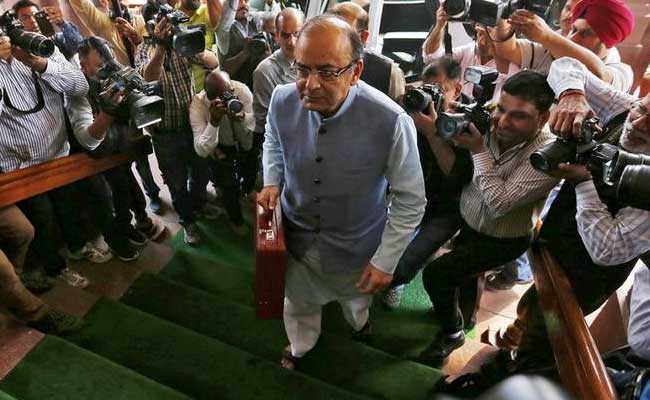
When parliament meets today for a month-long session, early focus will be on clearing the government's annual budget, which was presented by Finance Minister Arun Jaitley on February 1; MPs will vote on it on the 20th. But superstar status is reserved for the landmark reform, the national Goods and Services Tax (GST), which the government wants to roll out on July 1. This weekend, the Finance Minister said the measure is on track - but much will depend on how much the opposition cooperates - and that, in turn, will be influenced by the results that will be shared on Friday from five states, including Uttar Pradesh, that have just voted.
Here is your 10-point guide to this big story:
To meet the July 1 deadline for introducing the GST, parliament must pass three bills, which spell out the operational details of the new tax, before its current session concludes on April 11.
The long-awaited GST will replace a slew of central and state levies, transforming Asia's third-largest economy into a single market for the first time.
Proposed tax rates range from five to 28 per cent, with 12 per cent and 18 per cent being the standard rates.
It has not been decided yet which tax rates will apply to which categories of goods.
The three bills that need to be cleared will be introduced as Money Bills - which means that once they are cleared by the Lower House or Lok Sabha, the Rajya Sabha or Upper House can only recommend changes, not insist on them.
The government has a huge majority in the Lok Sabha, so the bills will not encounter any difficulty there.
But the challenge will lie in the Rajya Sabha, where the government is in a minority, and where, in the past, the opposition, especially the Congress, has created frequent disruptions to stall legislation. Technically, Money Bills can be cleared even without a discussion on the Upper House, but the opposition will allege that violates basic democratic principles for a reform as crucial as the GST.
The GST is expected to make business simpler and reduce business transaction costs. The Congress has said in the past that it will not accept the rate of tax being presented in a Money Bill, which would not need the Rajya Sabha's approval.
In August last year, parliament cleared GST, delivering a huge victory for Prime Minister Narendra Modi. Half of India's 29 state legislatures need to pass the same act - this has been done.
The three new laws to implement the tax will similarly have to be cleared by state legislatures after they are approved by parliament.

